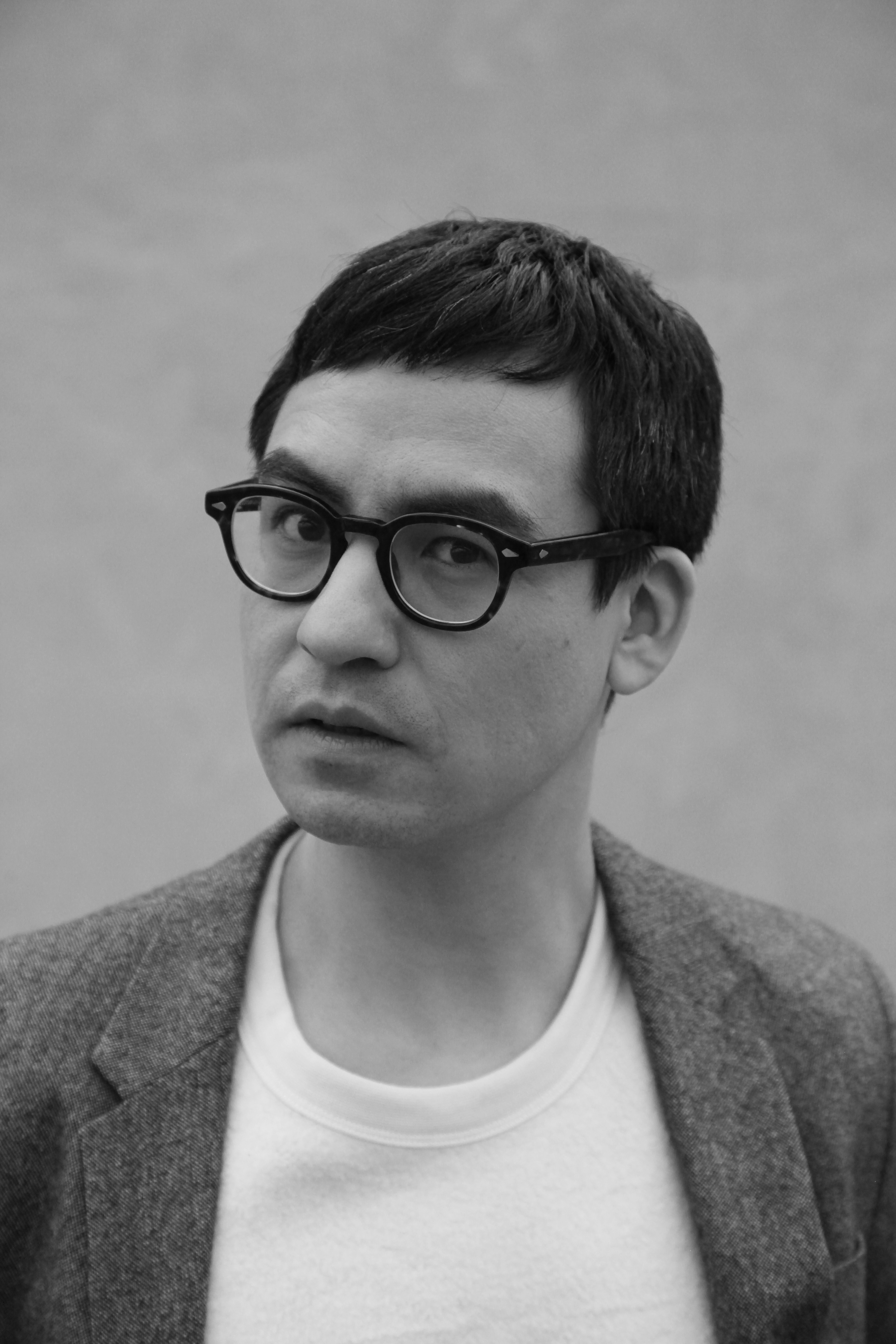Afghan-German Helmer Burhan Qurbani Tackles ‘Berlin Alexanderplatz’
By Ed Meza
LOS ANGELES (Variety.com) – Afghan-German filmmaker Burhan Qurbani, director of hard-hitting social drama “We Are Young. We Are Strong,” is adapting Alfred Döblin’s 1929 novel “Berlin Alexanderplatz,” one of Germany’s most renowned literary works of the past century. It was adapted twice previously, most famously by Rainer Werner Fassbinder as a 1980 miniseries that remains an acclaimed and beloved classic. Departing from the book’s 1920s setting, Qurbani’s story takes place in the African refugee community of present-day Berlin. He spoke to Variety about the challenges of adapting a masterpiece, the refugee crisis and being haunted by Fassbinder.
How did the project come about?
Some four years ago I started working on the idea to adapt the novel. And then the refugee crisis came upon us. Of course there are many, many tragic, terrible, disturbing, wonderful and heart-warming original stories that refugees have to tell and those should be told. I chose a different approach by making “Berlin Alexanderplatz” and setting it here and now and in the Sub-Saharan refugee community.
In what ways do you think this film will add to the discussion of the refugee crisis?
Razvan Radulescu, our script editor at the Torino Film Lab, gave me an interesting narrative key when I started developing “Berlin Alexanderplatz.” By changing the identity of the main character to a black refugee and making his main antagonist a white German drug dealer who recruits refugees for his business, I am basically telling a post-colonial story. This is not an original story about a real individual refugee’s fate, but a metaphor about the structural divide of the First World and Third World, white and brown, rich and poor. I hope that my film will be a conversation starter on that particular issue.
Do you worry about possible comparisons to Fassbinder’s version?
Fassbinder created a 14-part series; I am working on a feature film, not sure we can compare that. I have to admit that I never saw Fassbinder’s series in its entirety. I found the two or three episodes that I watched in high school rather frustrating. Fassbinder took the source material rather literally. I chose a more eclectic approach. I took from the novel what I needed to tell the story. I used it as a platform from which I developed my own interpretation. I admit that the decision to redo “Berlin Alexanderplatz” after Fassbinder feels a bit like committing career suicide. Before shooting I was haunted by nightmares where Fassbinder came to my set and took control and I woke up screaming: “Fuck you, Fassbinder!”
How relevant is Döblin’s story today?
Döblin‘s novel is a masterpiece of German literature. But the book was written in the context of a certain time and a certain artistic approach. He wrote in a stream of consciousness style, using techniques of film editing, which was a rather young art form at that time, to create a rich lingual tapestry reflecting the lively chaos of Berlin in the late ’20s. At the same time he used many references to religion, which makes the novel very complex, multilayered and quite a hard read. But what stays current and exciting is his approach towards the outsiders, the ignored and unwanted members of society. That is the point in “Berlin Alexanderplatz” that was most intriguing for me and that I feel most drawn to.
As the son of refugees yourself, how has your experience influenced your work?
I am a very privileged refugee. My parents came to Germany when it was still sexy to be from Afghanistan. It was the Cold War. Afghan Mujaheddin were romanticized freedom fighters against the evil Soviet Union. My parents arrived with nothing but two suitcases, but they were very welcome to stay. Today there is no romance in being a refugee. In many places there is not even mercy for refugees. How can I not be influenced? How can I not be heartbroken by the fate of my Afghani brothers and sisters today? How can I not be devastated by the fate of any human being, refugees, refuge seekers, seekers for a life in peace and security as my parents were and who are not as welcome?
You could say that there is a certain degree of guilt. Why was I granted a privileged life and education in Germany, while my uncles, aunts and cousins that fled just five years, 10 years later, spent so many years in refugee hell? I was raised to become a doctor, to go back to Afghanistan and to help and heal. I became a filmmaker. I have no choice. I try to use my means to help and heal.
What made Portuguese-Guinean actor Welket Bungué ideal for your lead?
Welket is one of a kind. He didn‘t quite get me with his showreel, I have to admit. My casting director, Susanne Marquardt, invited him for a casting anyway. She saw something I eventually also did when I met him in person. He has the talent to breathe life into a role, a scene, a moment, a situation as very few other actors can. Welket is a talent of a generation. He gave his character, Franz Biberkopf, life and agency.

